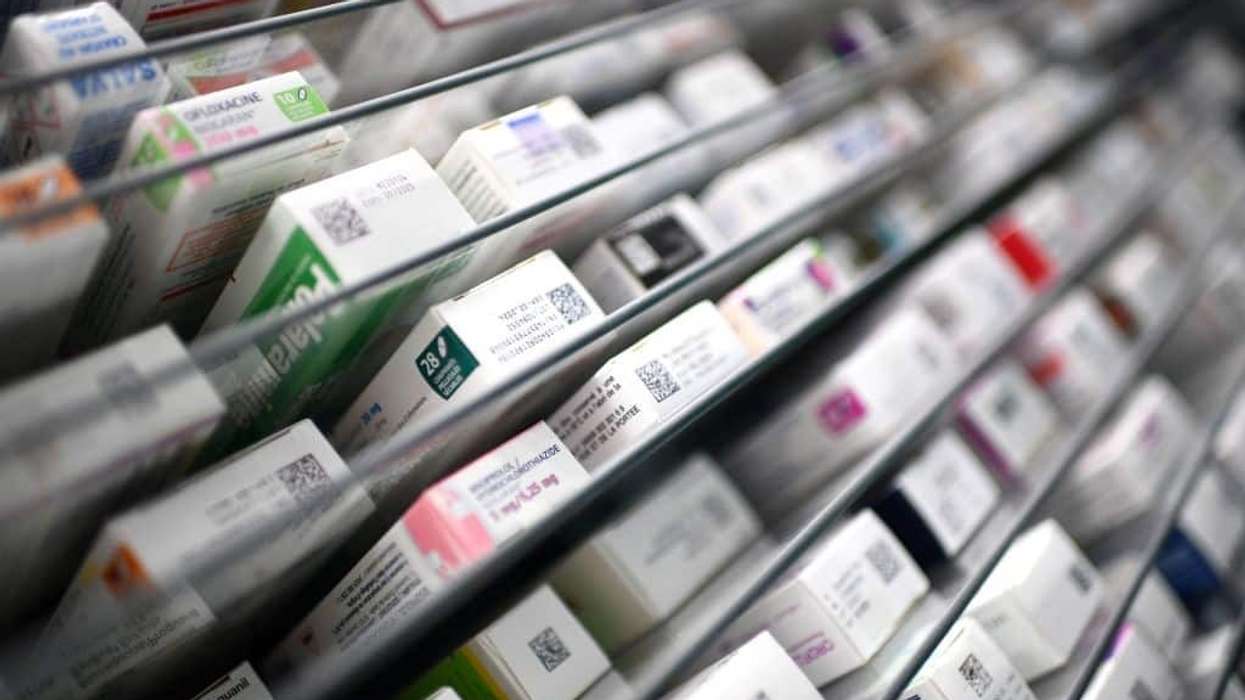There are about two million people currently living with a food allergy in the UK and there has been a worrying rise in the prevalence of allergies in last few decades. In the last five years, hospital admissions for anaphylactic shock have risen by around 70 per cent for under 18s, according to figures from NHS Digital.
As community pharmacists are the most accessible source of advice and information for patients today, we’re now seeing pharmacists take on roles which were traditionally undertaken by doctors, including offering advice on managing long-term conditions such as allergies.
When dispensing AAIs this can provide the perfect opportunity to check that the patient understands how to use and store their device correctly, to reiterate advice to always carry two at all times, and to signpost to additional information on the pharmaceutical company’s website and to our website.
Supply issues
The Anaphylaxis Campaign, a UK charity, has been supporting people at risk of severe allergic reactions for over 25 years but recent calls through our helpline have raised pressing concerns regarding the availability of AAIs with some individuals waiting weeks for pharmacists to fill their prescription.
Emerade has been unavailable since November 2019 due to reports of devices failing to activate.
On the 4th March, the UK’s regulator of medicines, Medicines & Healthcare products Regulatory Agency issued a recall of Emerade 150 microgram auto-injectors at patient level. For patients who have Emerade 300 microgram and 500 microgram auto-injectors, the advice is to continue carrying them at all times and to not expose their device to temperatures above 25o C. More information can be found here.
Once the Emerade devices have expired, these are replaced with a different brand (either Jext or EpiPen).
It is imperative they are trained to use their new device as the three brands of AAIs are administered in slightly different ways.
Mylan’s manufacturing partner Meridian Medical Technologies, a subsidiary of Pfizer that manufactures EpiPen, has experienced manufacturing challenges which has resulted in interrupted supply of EpiPen, but 0.3mg devices are still available through the prescription validation process.
Prescriptions must be sent to Alliance Healthcare for validation and orders are limited to two devices per order. There is no known issue affecting Jext devices.
If pharmacists are still having difficulties obtaining AAIs, please get in touch with our information team at 01252 542029. They are in contact with pharmaceutical companies regarding these issues and will raise additional concerns with them.
Spare pens in schools
A recent editorial published in the Clinical and Experimental Allergy (the official journal of the British Society of Allergy and Clinical Immunology) highlighted that 17 per cent of fatal food-anaphylaxis reactions in school-age children occur while a child is in school.
Although it is important that children take their prescribed pens to school with them, it is also imperative that schools know about the child’s allergies and staff are also trained to use an AAI in the case of an emergency.
As of 2017, following campaigning by the Anaphylaxis Campaign alongside Allergy UK, the British Society for Allergy & Clinical Immunology (BSACI), the British Paediatric Allergy Immunity and Infection Group (BPAIIG), and the Royal College of Paediatrics and Child Health (RCPCH), legislation was changed to allow schools in the UK to buy generic pens without prescription to be used in cases of emergency with parental consent.
Despite this, take-up has been very low which is believed to be linked to a lack of funding in schools.
The charity understands pharmacies are not required to provide AAIs free of charge to schools and that pharmacies will usually charge AAIs at retail price, which can range from £23 - £26, plus a small handling charge.
The Anaphylaxis Campaign has recently been contacted by schools who have been charged significantly more than this price, with some schools being quoted three times the expected amount.
Chief Executive Lynne Regent says: “We encourage schools to hold generic adrenaline autoinjectors as an important step in keeping pupils with allergies safe. In the event the child’s own devices fail, the emergency device held by the school, plus training of staff to use these devices, could save a life.
“Due to reports of expensive quotes for AAIs, we are concerned that some pharmacies are profiting from schools by charging too much. We would ask any pharmacy that is quoting schools a higher price to reconsider this so that schools can afford to purchase this lifesaving medication.”
Interested pharmacists are encouraged to check the Department of Health’s guidance on generic adrenaline auto-injectors in schools.
For more information, pharmacists can visit this website where they’ll find information for healthcare professionals, including a free ‘AllergyWise’ course for pharmacists designed to provide comprehensive information and guidance on the management of severe allergic conditions and the knowledge to effectively support patients with severe allergies.
This article also appears in the March issue of Pharmacy Business.











